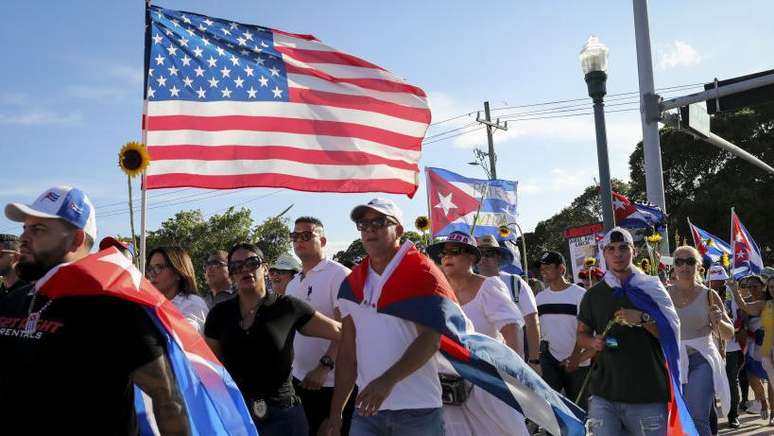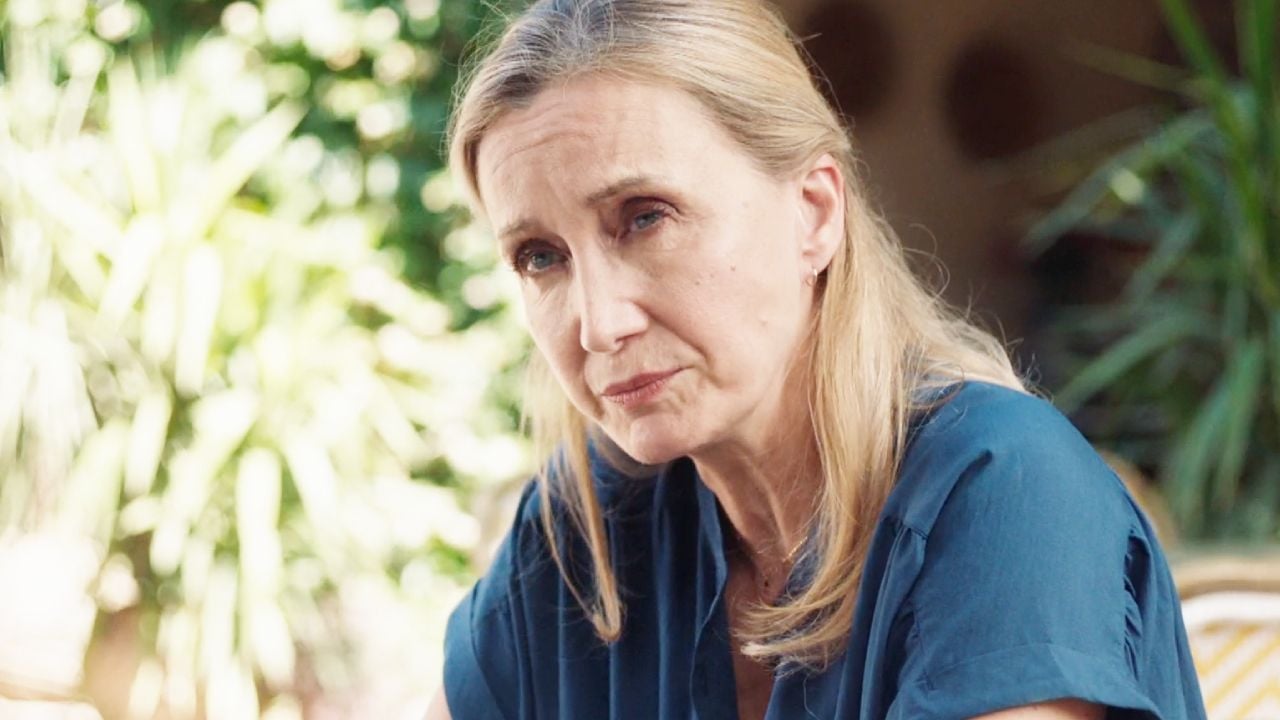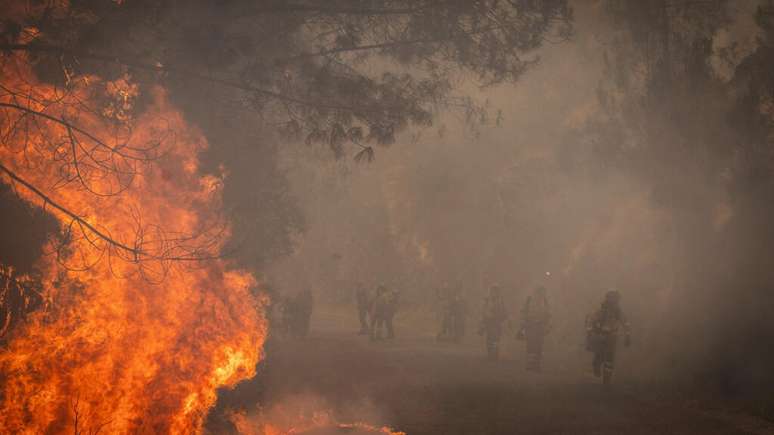“I’m more in favor of extending these rights to other immigrants than eliminating them for Cubans,” says American researcher Susan Eckstein of what she calls “Cuban privilege” in immigration.
Seldom has an academic work caused as much controversy in Florida as the latest book by American sociologist Susan Eckstein.
Eckstein is a professor in the Department of Sociology at Boston University (USA) and specializes in relations between Cuba and the United States.
In an interview with BBC News Mundo (Spanish BBC service), the academic says it took six years of research to write her book Cuban privilege: the creation of immigrant inequality in America (in free translation, “Cuban privilege: the construction of migrant inequality in the United States”).
The book analyzes the evolution of the rights and benefits legally enjoyed by Cubans who emigrated to the United States since 1959 – the year of the triumph of Fidel Castro’s revolution -, very different from those that fall on immigrants from other Latin American countries and the Caribbean.
When Eckstein went to Miami to launch the book, right-wing members of the Cuban diaspora declared war on it, causing a lecture at a bookstore to be canceled for security reasons.
At Florida International University (FIU), where its flagship conference took place, dozens of people protested outside. The event also took place in a hostile environment, with constant allegations that Eckstein was an accomplice to the Cuban regime.
Check out key excerpts from the interview.
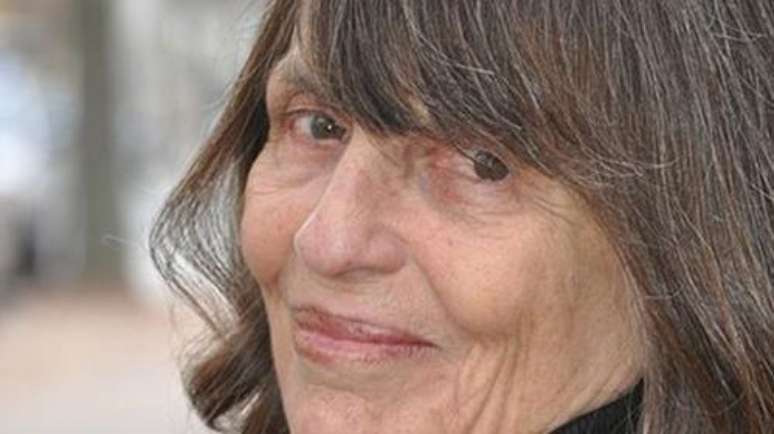
BBC – Did you expect this reaction?
Susan Eckstein- Nothing, it took me completely by surprise.
I’m just an academic; I’m used to talking to other academics. Outside of academia, nobody pays attention to what we write anymore. I had given talks about this book all over the country and some were interested, some critical…all in a friendly setting.
But when I got to Miami, a local politician wrote a tweet that went viral, saying I’m filled with hate, that I’m an anti-Cuban provocateur, which I’m not. He acknowledged that he hadn’t read the book, but even so there was that turmoil that I didn’t expect.
BBC – Why get into this topic?
Eckstein- I have studied Cuba for many years, have written several books, and the natural next step was to try to understand US immigration policy for Cuba.
Also, I was intrigued by the privileges only Cubans have. These privileges are unique and have been earned over the years.
BBC – In your work you compare Cuban and Haitian migrants.
Eckstein- I was interested in Washington’s different treatment of the two nationalities, who live on two neighboring islands. Haitians are deported, while Cubans are granted special refugee status.
It’s hard to argue that Cubans deserve more than Haitians. Haiti is the poorest country in the hemisphere, there is a lot of violence and now there are practically no states. The fact that Cubans have these privileges and Haitians does not suggest that it is not simply a question of fairness.
BBC – What is ‘Cuban privilege’?
Eckstein- It refers to the rights or benefits that the United States has granted to Cubans over the years. These privileges have been political, economic and social. The term tries to define this unique situation for Cubans.
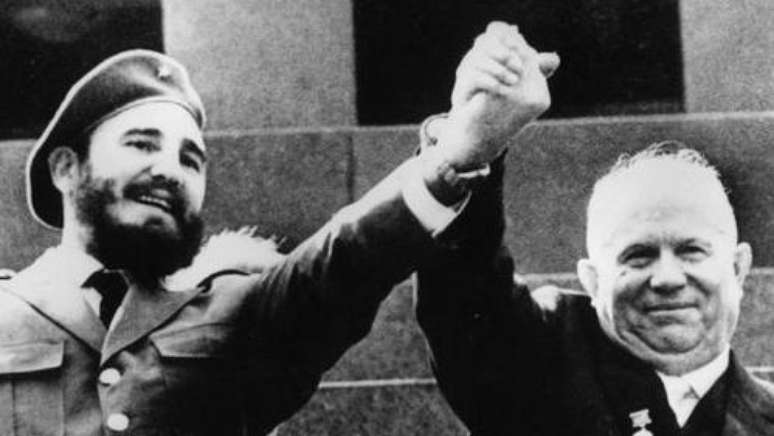
BBC – How did it start?
Eckstein- Like a Cold War story. President Eisenhower (1953-61) would not tolerate a revolution within 90 miles of his territory and began welcoming Cubans on the assumption that they would return to Cuba. Authorities tried to train them for the 1961 Bay of Pigs invasion.
When it fails, those Cubans stay and get special benefits under the most generous refugee program in U.S. history, including free colleges, job training, or job placement assistance. This package excludes immigrants from other countries.
If you were Cuban, as soon as you arrived in the United States you already acquired refugee status.
BBC – Why these benefits?
Eckstein- The goal was to try to overthrow the Castro regime. First, by depriving Cuba of its best and brightest human capital so that it does not survive. That failed, because the regime trained a new group of people.
Furthermore, those educated in the United States would be good candidates – and with a political position favorable to Washington – to return and lead Cuba after the alleged fall of Castro.
BBC – And how has ‘privilege’ evolved?
Eckstein- John F. Kennedy (1961-63) massively expanded the refugee program. Lyndon B. Johnson (1963-69) passed the Cuban Adjustment Act of 1966, which allows any Cuban in the United States to obtain permanent legal status and US citizenship. This law was the most decisive and is still in effect today.
Another important change was with President Clinton (1993-2001), who began to repatriate Cuban migrants captured at sea by the law known as “Pés Secos, Pés Molhados” (those who managed to reach the mainland had facilitated procedures) .
BBC – You say in the book that most Cuban migrants who settle in the United States as refugees are not really refugees.
Eckstein- They are not really refugees. Indeed, after the revolution, Cuba did not let its political prisoners out, so it was very difficult for the real victims of the Castro regime to get asylum outside the country.
Those who came (to the United States) generally did so to reunite with their families, which was much more difficult for immigrants from other countries to achieve.
BBC – Back to the controversy over your book. Some activists in Miami accuse her of sympathizing with the Cuban government.
Eckstein- This is completely irrelevant to my book. This book is not about Cuba but about US immigration policy, period. This type of accusation is only meant to defame me.
I have been criticized for saying that Cuban migrants are not really refugees. I’ve read the United Nations definition of what a refugee is, and I’ve also read how, over the years, the United States has changed its refugee status criteria exclusively for Cubans.
I write what happens, it’s not my personal view. My book is not a manifesto, but an academic work to which I have devoted six years of research.
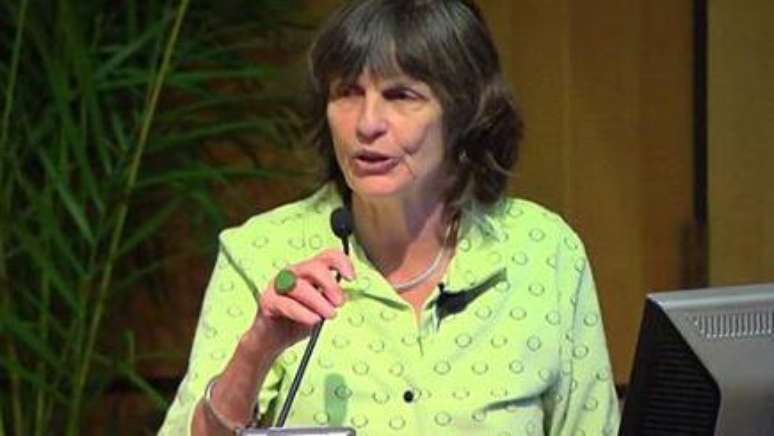
BBC – Your critics argue that Cubans cannot be compared with people from other countries in the region because, unlike them, they have lived for more than 60 years under a dictatorship that limits economic and political opportunities. How do you answer this?
Eckstein- I’m not trying to justify the Cuban government’s policies, but Cuba is not the only country suffering from a repressive regime, yet Cubans have privileges that no one else has.
I am more in favor of extending these rights to other immigrants than eliminating them for Cubans.
Bbc – Another dart thrown at you: unlike other countries, Cuba penalizes clandestine emigration and, especially in the past, represses or marginalizes those who return after having fled. Isn’t that reason enough to consider them all refugees?
Eckstein- I don’t think this discussion holds up today. Decades ago that might have been valid, but not anymore. Cuban policy towards the deceased has varied over time.
When political tension rises, the government even allows people to leave in a covert manner. This happened in the Mariel crisis of 1980 and we see it happening now too.
BBC – You say that, at a certain point, foreign policy took a back seat and US domestic policy became the engine of Cuban privilege. How did it happen?
Eckstein- With the end of the Cold War, foreign policy ceased to be an argument in favor of Cubans. Past benefits have helped Cubans acquire education, wealth, and political rights.
And the community was concentrated in Florida, which rose to prominence in American politics by becoming the third most decisive state in elections.
Republicans and Democrats consider it essential to conquer Florida to get to power and, for this, they need the vote of Cubans, who they try to attract by granting more and more benefits to the community.
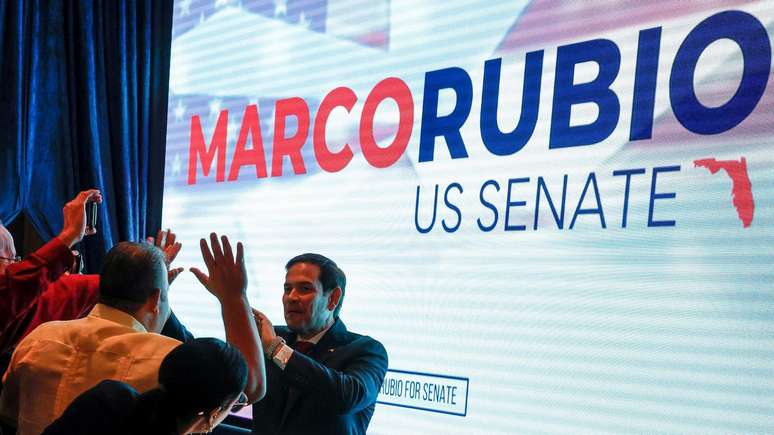
BBC – How has ‘Cuban privilege’ affected the US?
Eckstein- While the initial goal of the measures was not met, Florida and Miami in particular benefited from the capabilities brought in by the Cubans.
Among other things, they helped transform Miami from a small city into a major global metropolis.
On the other hand, local African Americans suffered in the process, as Cubans received favorable treatment in academia and business. It wasn’t intentional, but some of the Cuban privilege came at the expense of American-born and, in particular, African-Americans.
BBC – And how did you influence Cuba?
Eckstein- Above all, it has contributed to Cuba losing a lot of human capital.
Today many people want to leave the country. And I wonder what will become of Cuba if the country continues to be a disaster as it is today, lacking human resources capable of generating wealth.
BBC – More than 250,000 Cubans fled to the US last year, an all-time high. How has “Cuban privilege” influenced this exodus?
Eckstein- In his last week in office, Barack Obama (2009-2017) ended the temporary right of free entry, which was exclusive to Cubans. Thus, the island’s migrants began to resort to a new route: asylum requests.
Since asylum cases often take years to resolve, after one year Cubans used the Cuban Adjustment Act to become legal permanent residents.
President Biden recently extended the right to temporary release to two years for Venezuelans, Haitians, Nicaraguans and Cubans, but only the latter can, within a year, resort to the Cuban Adjustment Act to consolidate their long-term rights in the United States.
Furthermore, once in the United States, only Cubans are entitled to social benefits.
Source: Terra
Rose James is a Gossipify movie and series reviewer known for her in-depth analysis and unique perspective on the latest releases. With a background in film studies, she provides engaging and informative reviews, and keeps readers up to date with industry trends and emerging talents.

